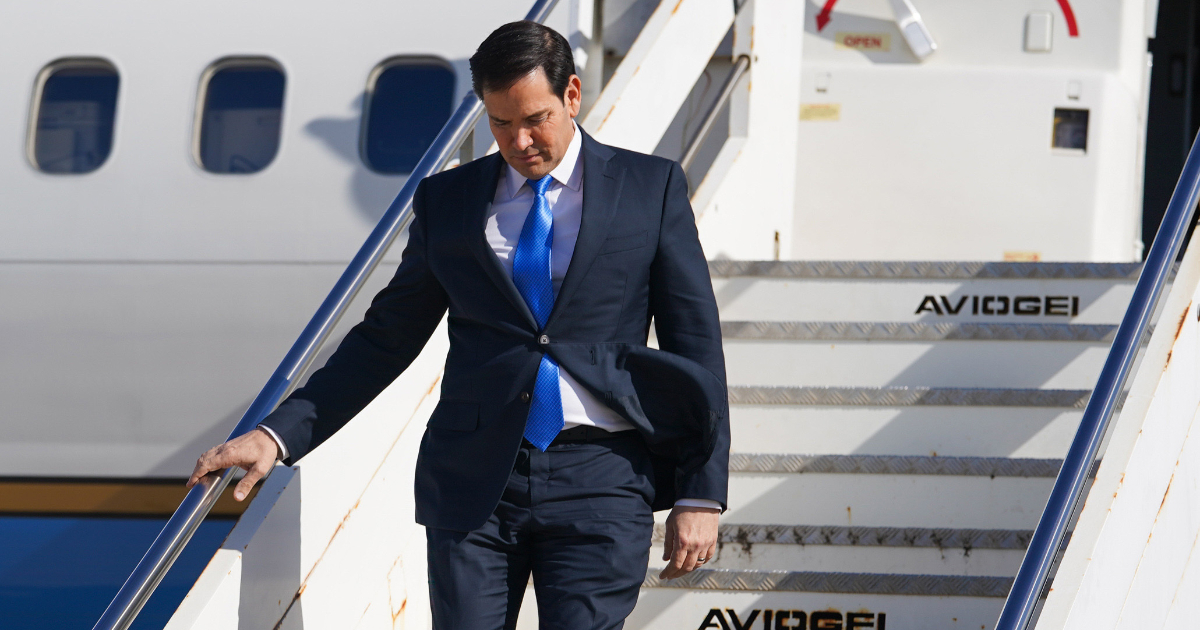In an unexpected shake-up, more than 100 employees of the National Security Council (NSC) were placed on administrative leave this Friday, as directed by the newly appointed interim National Security Advisor and current Secretary of State, Marco Rubio. According to White House officials, this move, confirmed by CNN, is one of the most significant purges in the NSC since its establishment. Notification of the dismissals was communicated via an email sent at 4:20 p.m. by the chief of staff, Brian McCormack.
The email indicated that affected employees had a mere 30 minutes to gather their belongings or arrange a time to do so if they were not on-site. The email's subject line, "Your Return to the Parent Agency," implied that many of these workers had temporary assignments from other government agencies.
This decision comes just weeks after President Donald Trump appointed Rubio as interim National Security Advisor, while he continues serving as Secretary of State, further consolidating his power within the cabinet. Rubio, at 53, is the son of Cuban immigrants and has emerged as a highly influential figure within the administration, steering both foreign policy and national security.
Impact on NSC and Criticism of the Process
Among those let go were both career officials and political appointees from the Trump administration. Insiders describe the process as abrupt, sparking internal backlash for its unprofessional execution, particularly since it occurred right before a long holiday weekend and allegedly involved leaks of personal data.
Typically composed of foreign policy experts from across the U.S. government, the NSC is a pivotal body for coordinating the president's foreign policy agenda. This restructuring marks a transformative phase for the NSC, which under Trump has seen its traditional coordinating role diminish. Now, with Rubio at the helm, expectations are for a more centralized, hardline approach that aligns with the White House's strategic priorities.
Rubio's Command: A New Era of Foreign Policy
Marco Rubio's dual role as Secretary of State and interim National Security Advisor has ushered in what some call a "revolution" in the Trump administration's foreign policy. From this position, Rubio is aligning closely with the Republican leader's foreign policy objectives, acknowledging his pivotal role in the executive branch.
With a strong focus on national security, immigration control has quickly become a top priority. Under his leadership, foreign aid programs have been halted, with funds redirected toward repatriation operations. The strategy is clear: less global assistance, more resources to secure borders and protect domestic interests.
Institutional changes have also reached the traditional structures of the State Department. Rubio has championed a complete overhaul of USAID, aiming to streamline diplomatic functions and eliminate what he sees as unnecessary expenses. Programs centered on diversity and equity have been dismantled, reflecting a more pragmatic vision focused on results and efficiency.
In the corridors of international diplomacy, Rubio has increased pressure on allies reliant on U.S. protection, such as NATO countries, demanding greater military investment from them. Additionally, he has warned strategic partners about China's influence, with particular emphasis on key regions like the Caribbean and the Panama Canal.
As global tensions rise, Rubio operates under Trump's directives but remains mindful of the complexity of scenarios like Ukraine or the Gaza Strip, as well as the United States' traditional alliances. The current administration leans toward dialogue and understanding with rivals like Russia, while questioning agreements and treaties with partners such as the European Union or Canada.
Understanding the National Security Council Overhaul
Why were so many NSC employees placed on leave?
The employees were placed on leave as part of a significant restructuring initiated by Marco Rubio, aiming to align the National Security Council more closely with the strategic priorities of the White House under President Trump.
How did the restructuring process unfold at the NSC?
The process involved abrupt notifications via email, giving employees only 30 minutes to gather their belongings or arrange another time to do so. This method has been criticized for its lack of professionalism and timing, right before a holiday weekend.
What changes has Rubio implemented in foreign policy?
Rubio has focused on national security, immigration control, and reducing foreign aid in favor of strengthening domestic borders. He has also initiated a complete restructuring of USAID, cutting programs he deems unnecessary.
